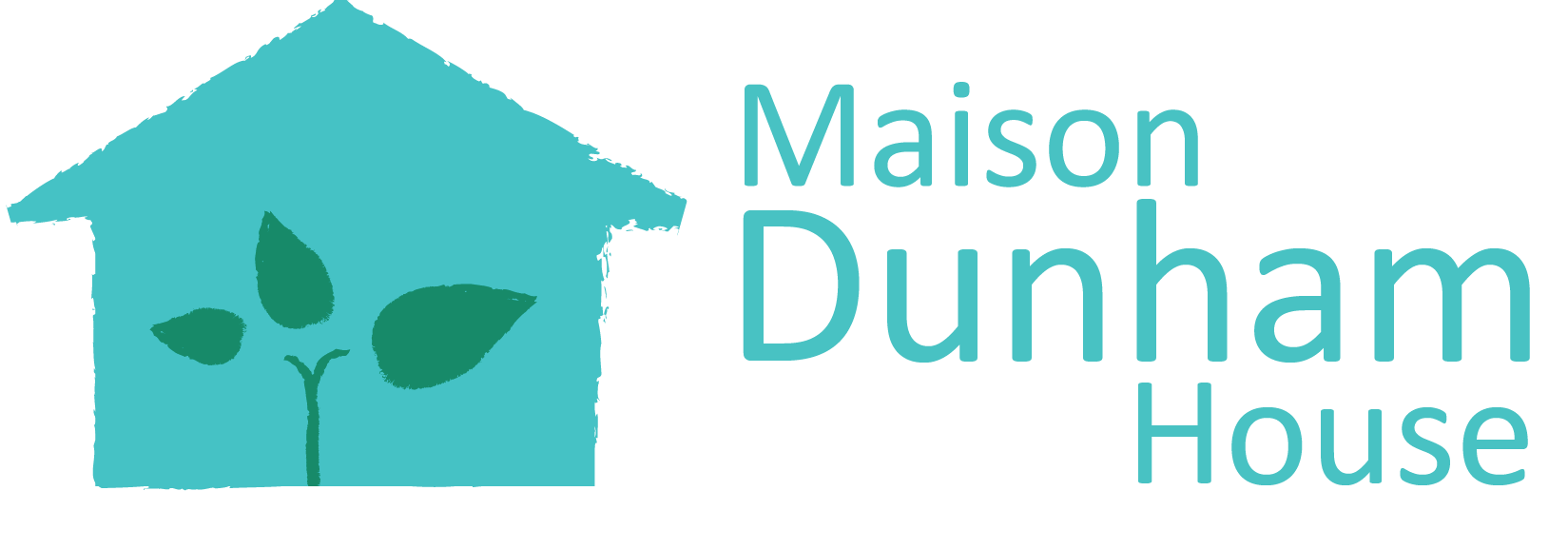Music Therapy at Dunham House
Group music therapy at Dunham House uses music-based experiences and interventions, led by an accredited music therapist.
These sessions offer a supportive and collaborative environment where residents can engage with each other in and through music to address various mental health and addiction-related issues.
Individual Music Therapy Sessions
Individual music therapy sessions are offered as personalized, one-on-one sessions between the resident and the music therapist and function as a complimentary modality to support treatment goals.
The individual is first invited into a collaborative exploration with the therapist of their relationship with music. As music is often very closely linked to core parts of identity, individuals often gain a deeper understanding of their life-story, narratives and experiences, leading to an increased sense of empowerment.
A discussion follows about an individualized plan, for ways the client can begin intentionally using music to support their goals and overall well-being.
Dunham House Model of Music Therapy
Goal & Purpose of Music Therapy
Our goal is to encourage open and honest dialogue with others within the context of listening to shared music.
Enjoyment and taste in different music genres is unique and individual to the person listening to it.
Music can evoke a multitude of memories and emotions. Learning to share and understand where these thoughts and emotions come from can have an impact on how we grow to understand ourselves better.
Objectives of Music Therapy
- Creating a Therapeutic Community: Group music therapy aims to foster a sense of belonging and community among group members. Residents can connect with others in a safe space who may share similar experiences, struggles or goals. This sense of community can address feelings of isolation and stigma often associated with addiction and mental health challenges.
- Self-Expression and Identity Exploration: Through instrument play, singing, music listening, lyric analysis and other methods, residents can explore and express aspects of their identity, self-concept and personal narratives, and experience being witnessed non-judgmentally by their peers in the process. Music serves as a mirror, very often reflecting one's inner experiences and can strengthen self-awareness, promote self-expression, personal growth and nurture needs around belonging and acceptance.
- Exercising New Skills: Group music therapy provides opportunities for residents to experiment with putting coping skills into practice in a supportive environment, as well as other concepts introduced across psychoeducational spheres of programming (e.g. tolerance, emotion regulation, self-expression, self-compassion, communication, etc.).
Themes we Explore in Music Therapy
Music is everywhere and easily accessible through the radio, the internet and even in the shopping mall! It provides us with a link to the outside world, both past and present where we can generate emotion and calm our inner selves.
Learning to understand how music can and does play a role in our lives gives us another tool to cope with days when they are not going as planned and helps to center us and find our inner calm.
Learned skills like the benefits have music therapy can have a positive and far-reaching impact on our lives.
Our Instruments
Our residents are able to choose from a variety of instruments to play during our weekly Music Therapy sessions.
The music room is also open after 4:00 pm and available to them during rest and break-time.
- Acoustic Guitar
- Electric Guitar
- Electric Bass
- Electric Keyboard
- Bongos
- Maracas
- Drum Set
- Piano
- Djembe
- Rain Drum
- Glockenspiel
- Ukelele




